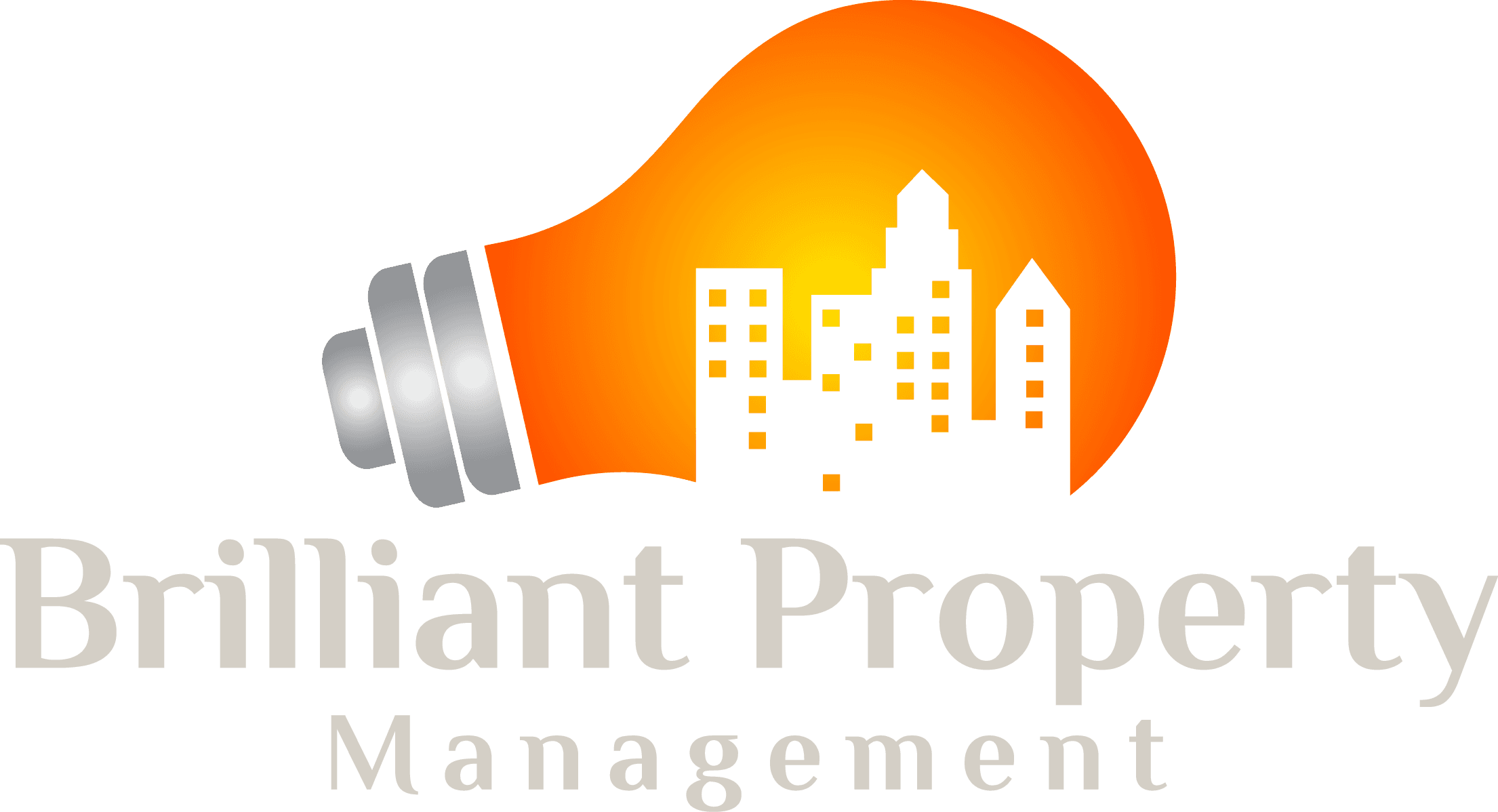As the housing market in my hometown of Toronto continues to rise, many young buyers have been pushed into the less-expensive-but-still-overpriced condominium market. While many use these condos as a way of eventually getting into the housing market, others find themselves held back by the high cost of maintenance fees.
So, what are maintenance fees?
Maintenance fees are the fees that condominium owners need to pay in order to keep the condominium running. Just like homeowners need to save up for the eventual roof or furnace repair, condominium owners need to cover the cost of maintaining their own property. The big difference is condominiums are super expensive to run. Unlike a house, a standard condominium usually comes with elevators, an underground parking garage, generators, fire suppression systems, and of course a full-time staff.
The cost of maintenance fees is made up of several major expense items, but these can be quite different depending on the type of condominium you live in. High rises may spend a lot of their budget on staffing, whereas townhouse condominiums may spend more on landscaping and snow removal. Some of the biggest items in a condominium budget are utilities, staff, and contributions to the condominium’s savings account, known as the Reserve Fund. Here’s a further look at where your money is going:
Utilities
Every condominium is different, but all high-rise buildings are going to need 24/7 lighting, heating and AC, pumps, motors, fans, and a wide range of energy-consuming devices to keep things running smoothly. These costs add up and take a big chunk out of a building’s budget.
Staff
For larger buildings, staff can make up a large portion of the budget. 24/7 concierges, superintendents, cleaners, and administrative personnel are not cheap, and can have a big impact on maintenance fees.
Repairs, Maintenance and Insurance
Constant traffic and use wear down all buildings, and repairs are needed on a daily basis in many larger buildings. Condominiums can save a lot of money by doing preventative maintenance, but many tend to be more reactive and end up spending a lot of money and time on repairs. Because of these risks, all condominiums are required to have insurance, and a spate of recent claims in the industry have been driving prices up by double-digit increases year over year.
Contracts
A wide range of contractors are needed to keep a building up and running. There is a company to monitor your fire system, a company to cut the grass and clear the snow, a company to check your elevators, and a company to change your mechanical filters. These contracts are necessary, but drive up costs, and push maintenance fees higher and higher.
Contributions to the Reserve Fund
Every condominium is required to put aside money into a savings account for major projects. The amount that needs to be put aside is based on a number of factors, but can have a huge impact on maintenance fees.
Ok, so why are my fees higher than other buildings?
Every building is different, but some factors play a big role in determining how high your fees will be. The biggest factors are the type of condominium, the age, the size, and the management.
Type and Age
The more amenities, building components, and staff, the higher your fees will be. Townhouses, which have fewer services, usually have lower fees than high-rises which have more of these things. Similarly, older buildings have older parts, and older parts need more repairs. This means more money.
Size
This is one of the biggest factors and the one you should pay the most attention to when buying a condominium, especially from the developer. As a rule of thumb, larger condominiums have lower fees. More unit owners contributing maintenance fees usually means each person contributes less, despite larger buildings often having more amenities. Asking 30 homeowners to support an elevator and an underground garage is a recipe for high fees, no matter how few amenities they have.
Condominium Management
A good condominium management company and a good board of directors can drastically reduce the maintenance fees without sacrificing quality of life. Take a good look at the condominium’s finances under the current management firm to a sense of how they are managing your money, and don’t be afraid to ask questions!
Great, now how do I go about lowering fees?!
The first step for any owner to take is to request the condominium’s financial documents and to take a good look at what is going on. If fees still seem high after taking everything into account, the next step would be to get involved and try and join the board of directors. Directors have the power to make changes to the budget, so being on the board is your best shot at keeping fees at a reasonable level.
